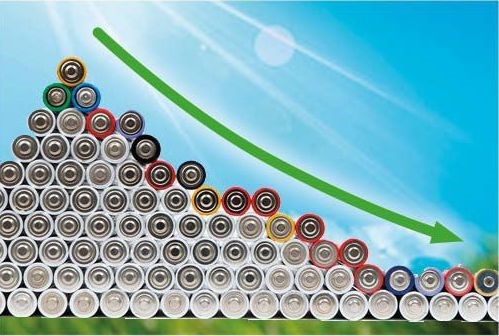Multi-Energy Harvesting (MEH) - A Flexible Platform for Energy Harvesting in Home Automation

| Led by: | Prof. Dr.-Ing. H. Blume, Prof. Dr.-Ing. B. Wicht, apl. Prof. Dr.-Ing. G. Payá Vayá |
| E-Mail: | blume@ims.uni-hannover.de |
| Team: | M.Sc. Moritz Weißbrich, M.Sc. Lars-Christian Kähler |
| Year: | 2019 |
| Funding: | BMBF |
| Duration: | October 2018 - March 2021 |
In the electronic industry, the market for wireless sensor and actor nodes for home automation grows quickly. These nodes are an important application for the internet-of-things (IOT) and in most cases, the components do not require a wired mains connection and thus are easy to install. However, the devices are powered by batteries which need replacement after a certain life duration. This lessens the user experience and acceptance and causes environmental pollution, because batteries are often replaced proactively before their end of life. Considering that up to 10,000 batteries per year are replaced in larger buildings, the environmental factor becomes clear. Furthermore, battery replacement causes additional hidden costs, e.g., paid work time for a technician requiring several minutes for each room.
Collecting energy from the environment may be a viable approach to extend the lifetime of batteries into the range of the device lifetime, or even avoid the use of primary battery cells. However, beside a few exceptions, such systems are not available on the market today. On the one hand, this can be explained by additional costs to integrate the necessary components for enabling energy harvesting. On the other hand, the power consumption of state-of-the-art devices is relatively high and not optimized for operating on harvested energy. From these preliminaries, the global goals of the project can be defined:
- Significantly reduce the general requirements on battery cells and the amount of used batteries
- Reduce the operating costs in intelligent home automation systems
This project aims at a closed approach for the development of new home automation components. For this, state-of-the-art ultra-low power electronics are combined with harvesting several energy sources available at the installation location of the component.


